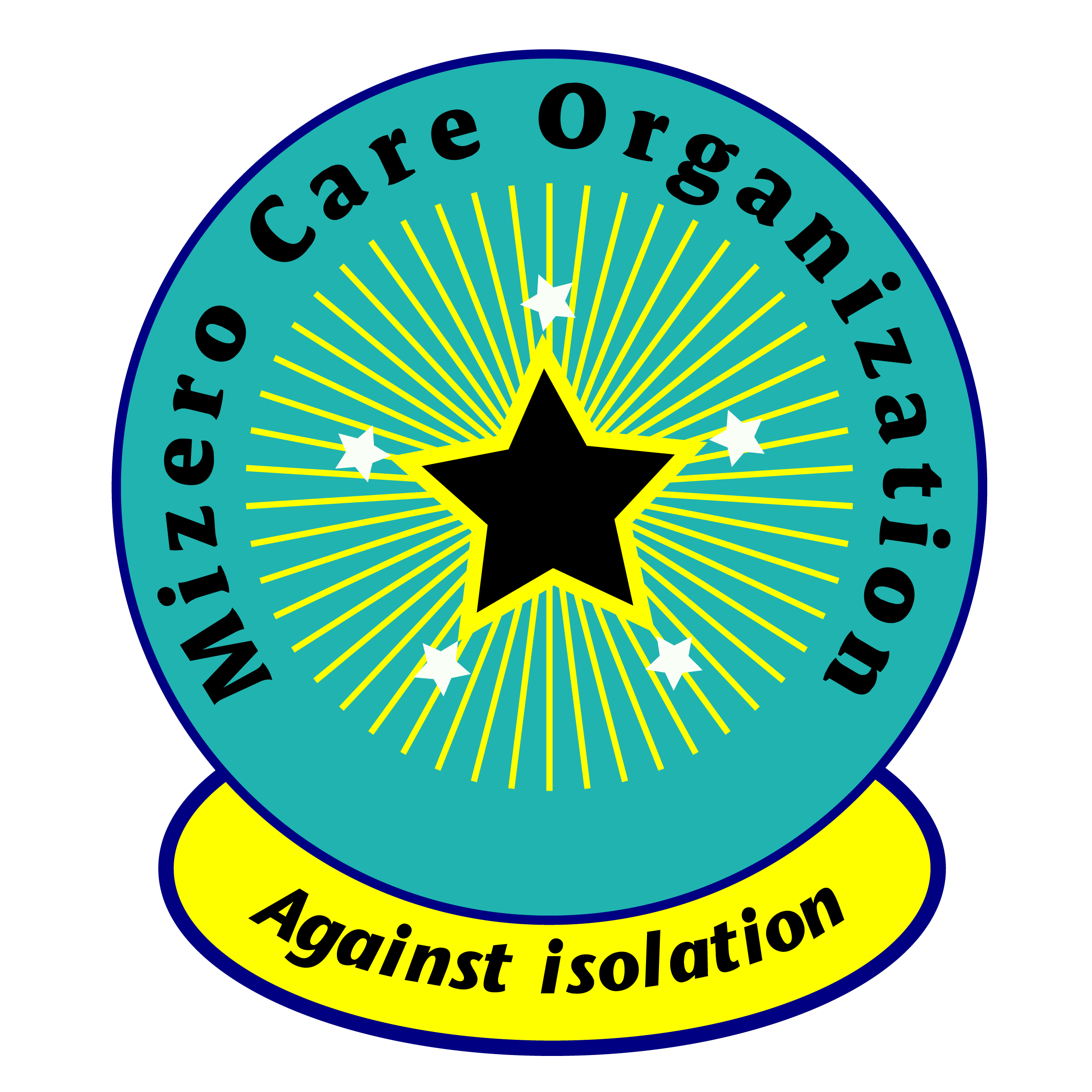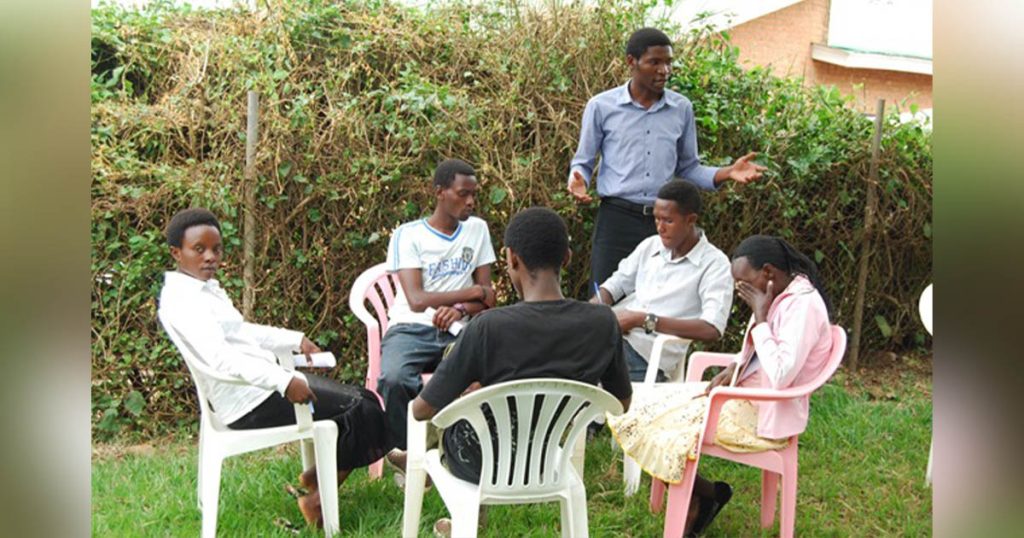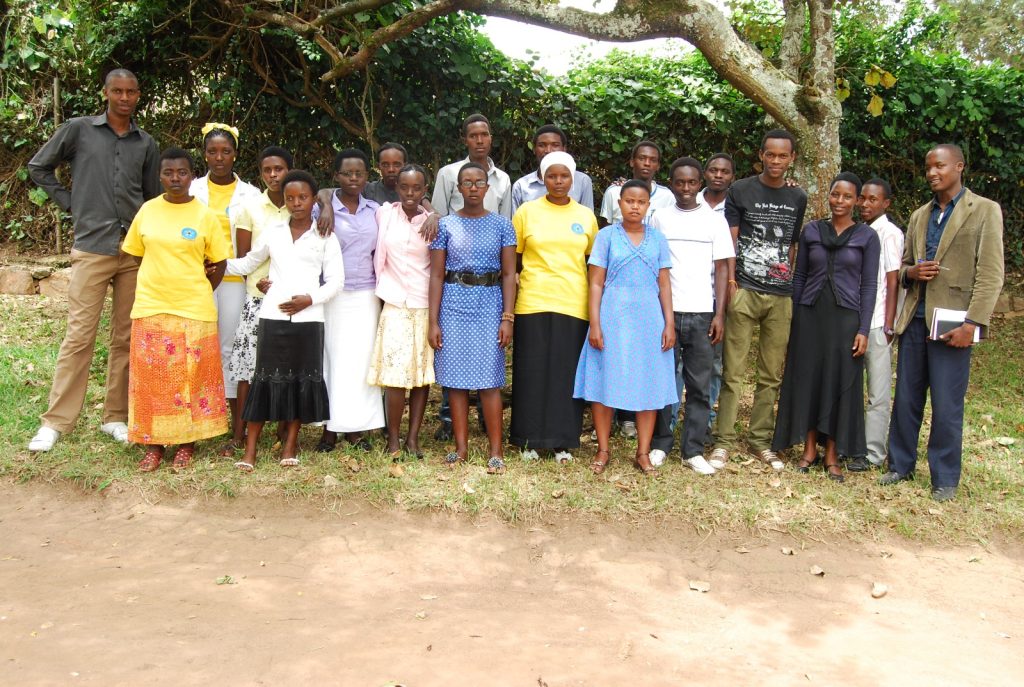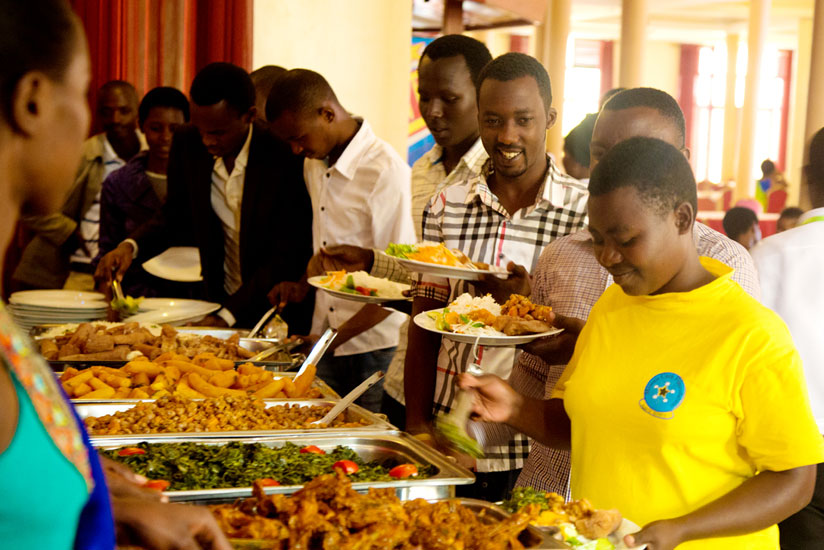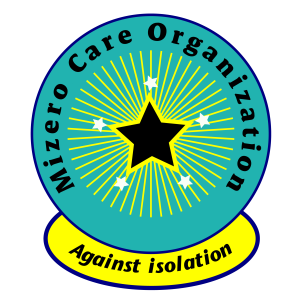It’s natural for one to feel lonely when they are isolated from the others, but it doesn’t hit as hard as someone who has been rejected, not able to connect with people due to their dark past history and the difficult life they are going through, which make them feel hopeless and lonely. For Iréné Mizero, a 35 year old found himself in such situation when He experienced adverse impacts of isolation, loneliness and rejection due to the consequences of the 1994 Genocide Against the Tutsi. The aftermath of the 1994 genocide against Tutsi and afterwards, Mizero suffered harshly due to his parents’ imprisonment, and found himself being rejected by the community.
“Before, we used to live a good life with my parents, after that life became hard and our relatives decided to put us in different families the six of us,” he says.
Nevertheless, by the grace of God, through prayers and counsels from friends and peers, the principle of ‘Being Rwandan’, Mizero managed to come out of that state. Today, He’s regained strength and hope for a bright future. For that reason, on 29th March 2013, he decided to come up with Mizero care Organization which, focuses on projects aiming at taking youths out of isolation, promoting health, education, and economic growth, through confronting isolation and loneliness in their respective homes. Most of the beneficiaries are students who are still in schools and Youth heads of family, Youth lacking good education and Youth addicted to drugs. Through their stories, many of them were in a state where they saw education as waste of time and those who tried it out, find themselves failing or dropping out. The organization also caters for school fees for some of the students in TVET schools. During Christmas holidays, they bring the beneficiaries together as a symbol of one family in an event known as “Sharing Joy”. They do this so that they don’t feel lonely and isolated. Working together with cells, sectors and Districts to identify the isolated youths, the organization operates in Nyarugenge, Nyamagabe, Kicukiro and Gasabo Districts. Up to now, the organization has transformed a hundred lives of affected students, psychologically and financially through psychotherapy services, education and economic development. During the celebration of the third edition of Sharing Joy, on the 26th of December 2017, a Mizero Care Joy project, which is celebrated every year for its psychotherapy services among other activities. These celebrations were held under the theme “Recovering process”. The celebrations also encompassed the graduation of 125 beneficiaries who underwent the program. According to Mizero, the Chairman of Mizero Care Organization, he believes that for eight years now, the acquired psychotherapy services by the youths will enable them fit on the society as others. “They have developed themselves and become the beacon of wellbeing and social inclusion. Those still in isolation will also be able to develop by our promoted beneficiaries, “he says. He also says that they chose to take care of youth for their health and safety purposes as the engine of family wellbeing and development in general. He said. We are enrolling new beneficiaries who will undergo the program of Mizero Care joy project for coming years. He said.
Emmanuel Ndayisaba, an ICT fresh graduate from Integrated Polytechnic Regional Center (IPRC) Butare, lost his parents during the 1994 genocide against the Tusti, when he was only 5. “I was lucky to survive but again life didn’t go as I expected. I was taken in by a relative, who mistreated me to the point of seeking refuge to another place, “After failing to get where to stay exactly, I kept on staying at one place for sometimes then I move to another one, which affected my study terribly,” he says. A 28 year old says this affected him emotionally and psychologically, the whole situation made him drop out of school and become a bad influence to the society.
Luckily, he was introduced to the organization in 2013, which according to him was a relief to his miseries, psychologically and financially. He was able to go back to school and completed his secondary education.
Marie José Umuziranenge, an orphan benefiting from Mizero Care Organization (MoC) since it started, she said her father died during the 1994 genocide against Tutsis. Her mother also died later of breast cancer living her with three young sisters to feed for themselves. “It was hard to adapt to that hard life, I had lost hope, but since the foundation reached out to me, their counseling created hope and confidence in my life until I started thinking of a business idea,” she said. “Mizero Care Foundation provided me with 200,000 FRW which I spent on fish business, although family problems keep challenging me yet I still have big dreams to become an entrepreneur”, Umuziranenge added. She got married and she is now a mother of two children and they are living a better life in their family. Together with other beneficiaries who completed the psychotherapy services, they are forming a cooperative which will help them to develop themselves.
Pierrine Musabyemariya, a graduate from College of business and economics says, she lived in isolation and rejection since she was born as long as she can remember.
“I was born outside wedlock; I never experienced the love of either one of my parents. At a young age I found myself living with my uncle who was supposed to be my guardian,” she says. After she completed her primary school, her uncle got married and the wife chased her way. She was now surviving through the help of good Samaritans who will take her in for sometimes. With all that suffering at a young age, Musabyemariya lost hope of living and started living in the life of isolation and rejection. Although she cannot explain the whereabouts of her parents, she finally found rescue in a church which supported her until 2013, when she was introduced to Mizero Care Organization, she is glad because the organization supported her financially in joining the University and she is living normal as others.
Psychotherapy services
The organization also has psychotherapy services, where they partner with different clinical psychologists to help the youths on how to handle their problems. According to Sylvestre Twizerimana, a clinical psychologist that offer support to the youths, to handle such cases, they mostly conduct individual and group psychotherapy by using various approaches to deal with their problems. He says cognitive Behavior Therapy (CBT) Technics, psychodynamic approach, Psyco-education, problem solving skills and boosting their resilience capacity to handle emotional issues.
CBT is where they use psychotherapy education on how to overcome, handle and cope with psychological problems. “Here, we are able to help those suffering from different problems including trauma, hopeless, school failure and depression too, “Our main purpose is to help them change the way they perceive the life they are going through, how they are feeling, and how they can change that and be able to live with others positively,” he says. Giving them a chance to explain, and tell their stories is important according to Twizerimana. After that they are taken through depression, and the health effects that can result from that. The advices, he says is always to encourage them to stay away from things that will make them feel lonely, isolated and depressed. He says they can do this through relaxing, listen to music, involve in faith-based and community activities. All this will have impact on their emotions thus help them to change positively with time.
Consequences of isolation
According to Emmanuella Mahoro, a psychologist at Mizero Care Organization, and also works with caring for impact Ministries Rwanda, says it’s the responsibility of the entire Nation to work together in helping youths in this huge dilemma they are facing every day. “There are high consequences that when the youths face problems such as isolation, rejection, it’s easier for them to develop problems such as depression, “When they are depressed, they can’t work or engage in productive activities, instead, they end up being useless, involve in drugs and being burden to others,” she says. This, she says is one way of dragging the country’s economy and development behind. She adds that isolation also leads to lack of sleep, pressure, loose hope in life, mental health problems and sometimes also death can occur. She however Notes that addressing this problem earlier is better as such problems can be avoided.
